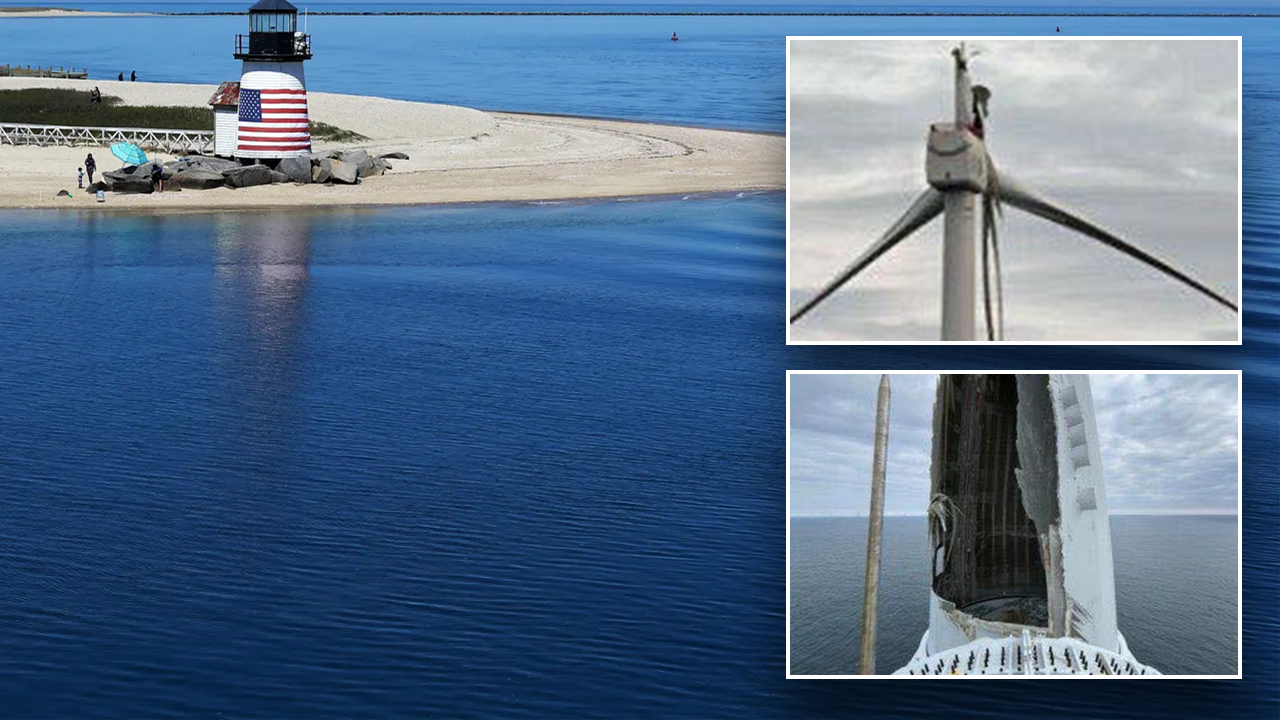Legendary economist Thomas Sowell weighed in on President Donald Trump’s tariffs in an interview released Wednesday, saying that sweeping tariffs risk triggering a trade war and repeating the “devastating history” of trade policies that worsened the Great Depression.
The Hoover Institution on Wednesday released an excerpt of an interview recorded Tuesday with Sowell, the Rose and Milton Friedman senior fellow on public policy at the Hoover Institution, from the think tank’s “Uncommon Knowledge with Peter Robinson” series. In the interview, the acclaimed conservative economist said it’s “painful to see” the administration follow in the footsteps of a “ruinous decision from back in the 1920s.”
Sowell referenced the Smoot-Hawley tariffs, which were broad tariffs debated and implemented in 1929 and 1930, respectively, in an effort to protect American industries from overseas competition in the early stages of the Great Depression. Foreign countries retaliated, causing a decline in global trade that economists now widely believe deepened the Depression.
He went on to say that if Trump’s tariffs are intended as short-term, limited measures to achieve strategic goals, they may be effective, but if they’re left in place over the long term, they could replicate the “devastating history” of a global trade war and cause consumers and investors to pull back amid the uncertainty.
WHAT IS THE TIME FRAME FOR TRUMP’S TARIFFS LEADING TO PRICE INCREASES?
“It’s painful to see what a ruinous decision from back in the 1920s being repeated. Now insofar as he’s using these tariffs to get various strategic things settled and that he’s satisfied with that,” Sowell said, “but if you set off a worldwide trade war, that has a devastating history. Everybody loses, because everybody follows suit, and all that happens is you get a great reduction in international trade.”
Sowell went on to say that President Franklin D. Roosevelt, who took office after the Smoot-Hawley tariffs had taken effect, pursued policy experiments in an effort to lift the economy out of the Depression. He noted that this approach can be effective in a predictable rules-based system, but he added that arbitrary and unilateral actions can create uncertainty that suppresses economic activity in the absence of a reliable framework.
WHAT TO KNOW ABOUT PRESIDENT TRUMP’S ‘LIBERATION DAY’ TARIFFS

“It’s disturbing in another sense. Franklin D. Roosevelt, when he was president in the 1930s, said that you have to try things, and if they don’t work, then you admit it, you abandon that, and you go on to something else, and you try that until you come across something that does work,” Sowell said.
“Now, that’s not a bad approach if you are operating within a known system of rules. If you are the one who’s making the rules, then all the other people have no idea what you’re going to do next. And that is a formula for having people hang on to their money until they figure out what you’re going to do, and when a lot of people hang on to their money, you can get results such as you got during the Great Depression of the 1930s.”
WALL STREET FIRMS SEE RECESSION RISK RISING OVER TARIFFS, TRADE WAR
“So if this is just a set of short-run ploys for various limited objectives, limited in time, fine, maybe. But if this is going to be the policy for four long years, that you’re going to try this, you’re going to try that and you’re going to try something else, a lot of people are going to wait,” Sowell explained.
“I think what happened in the stock market recently when things came down substantially for quite a while,” he added, “and I know that various people are holding on to their money before they do anything because they don’t know where this is going to lead.”
The 94-year-old Sowell retired from writing his syndicated column in 2016 at the age of 86. Conservatives and libertarians have called for him to receive the Presidential Medal of Freedom for his work on economics and public policy over the course of his career.
The Hoover Institution’s video noted that the full interview with Thomas Sowell as part of the “Uncommon Knowledge with Peter Robinson” video series will be released on April 15, 2025.



